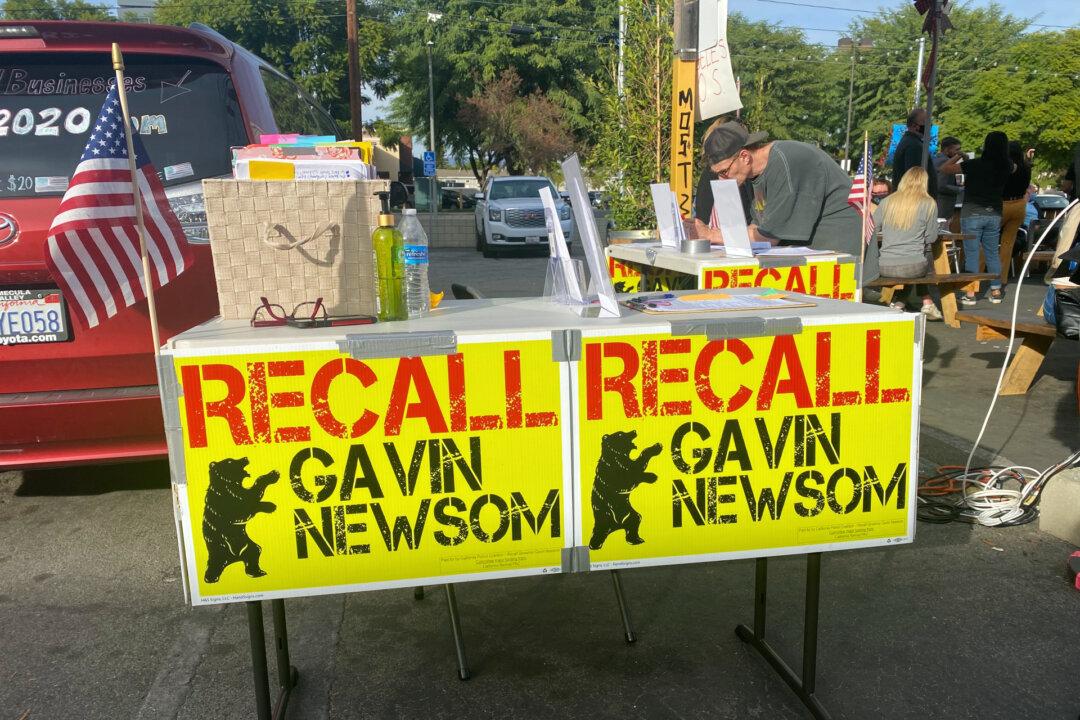Proposed legislation in California that would allow targets of future recall movements to identify and contact petition signers to potentially change their minds sparked lengthy debate in a recent state Senate committee meeting.
Senate Bill 663 (SB 663) would provide data access to recall targets, allowing them to contact petition signers and correct any potential misleading information they might have received from signature gatherers.





